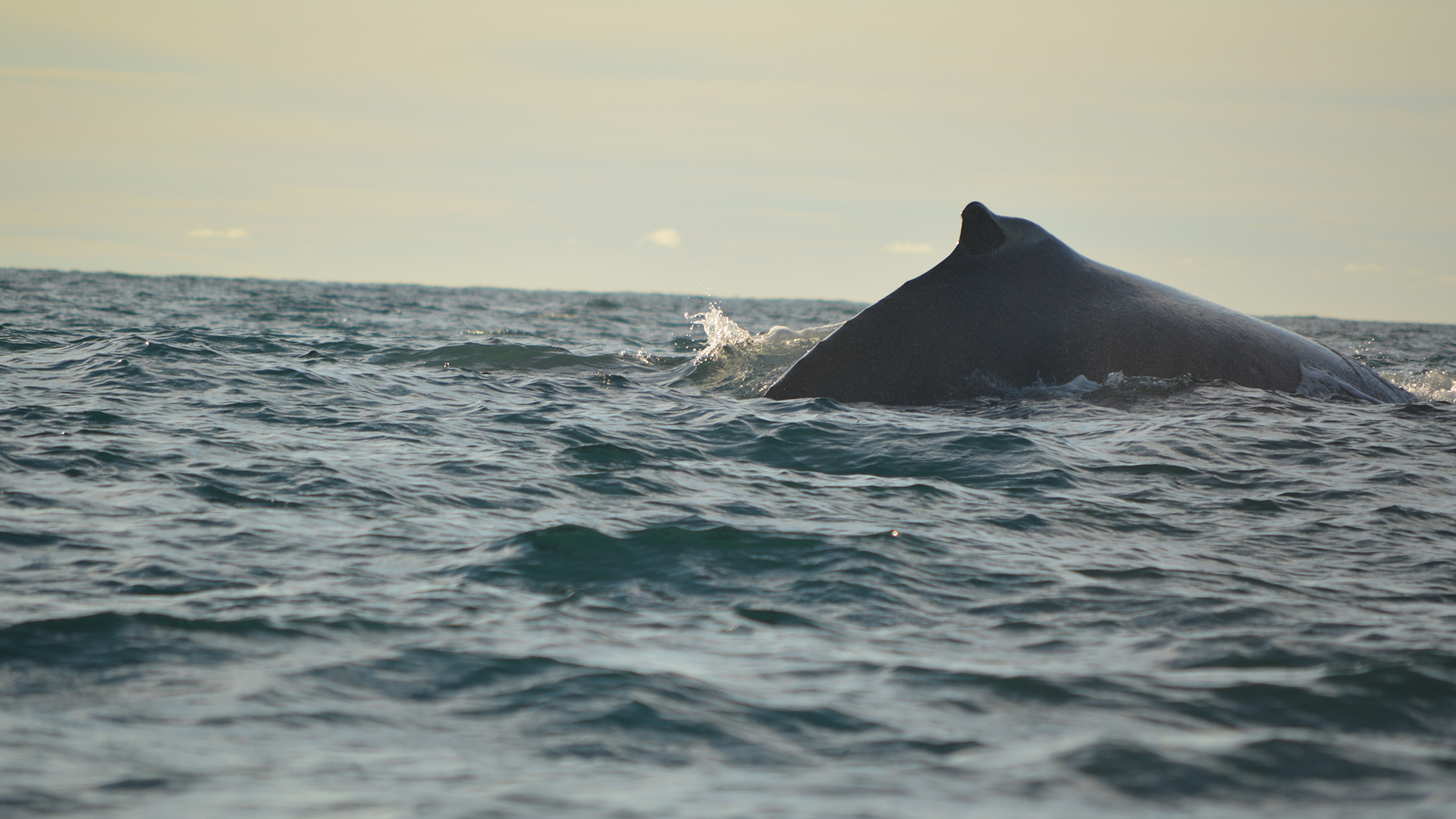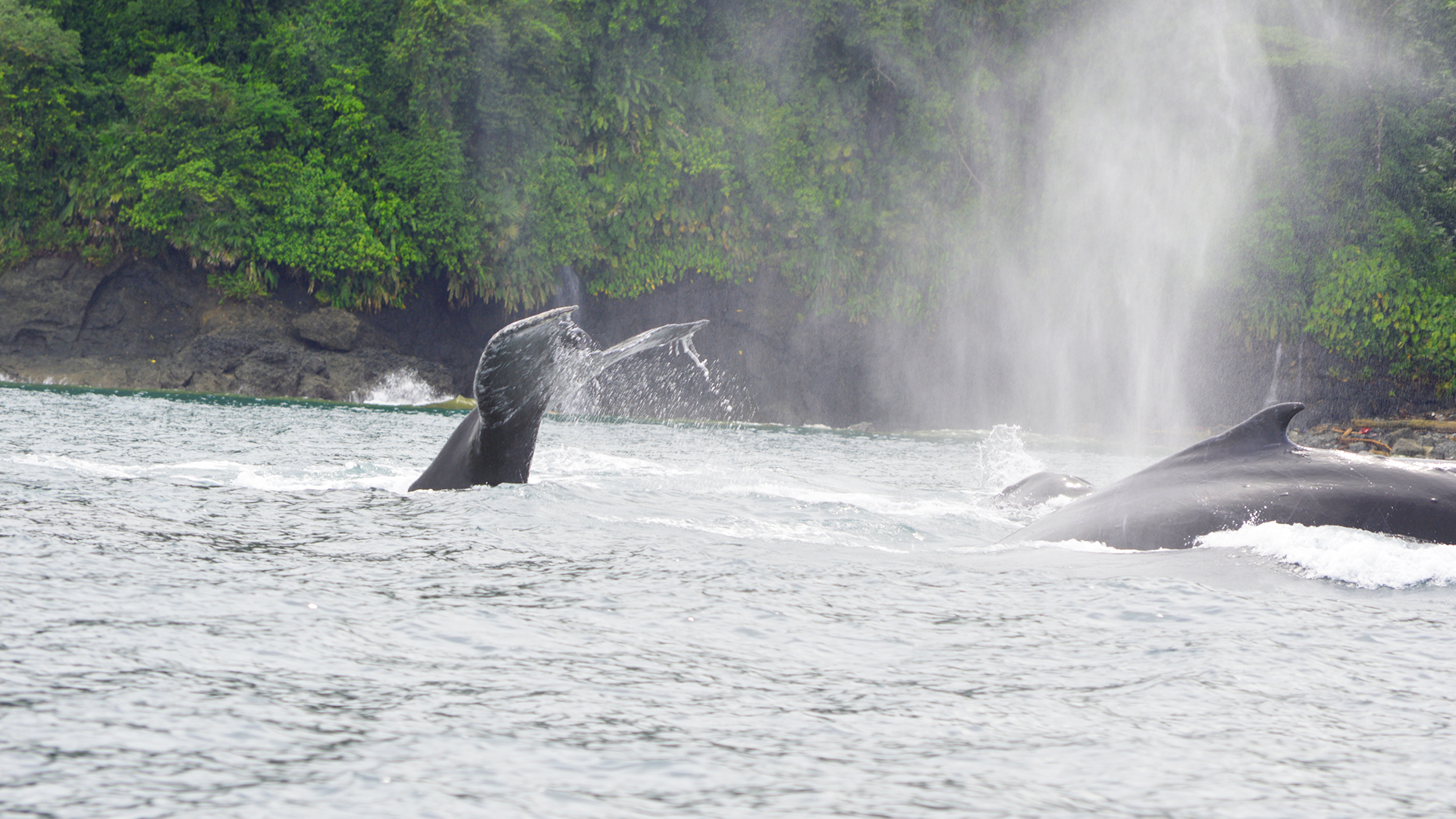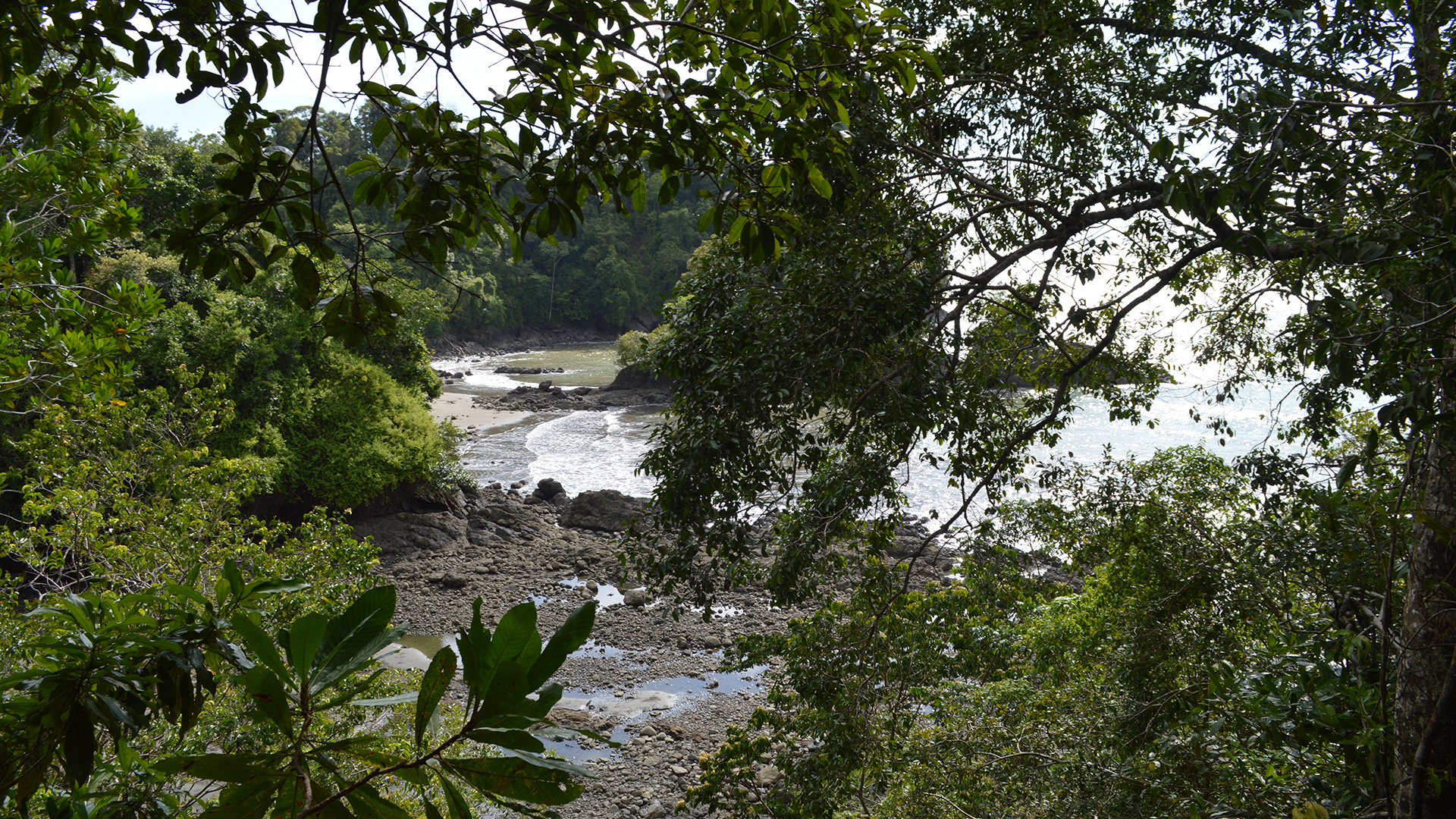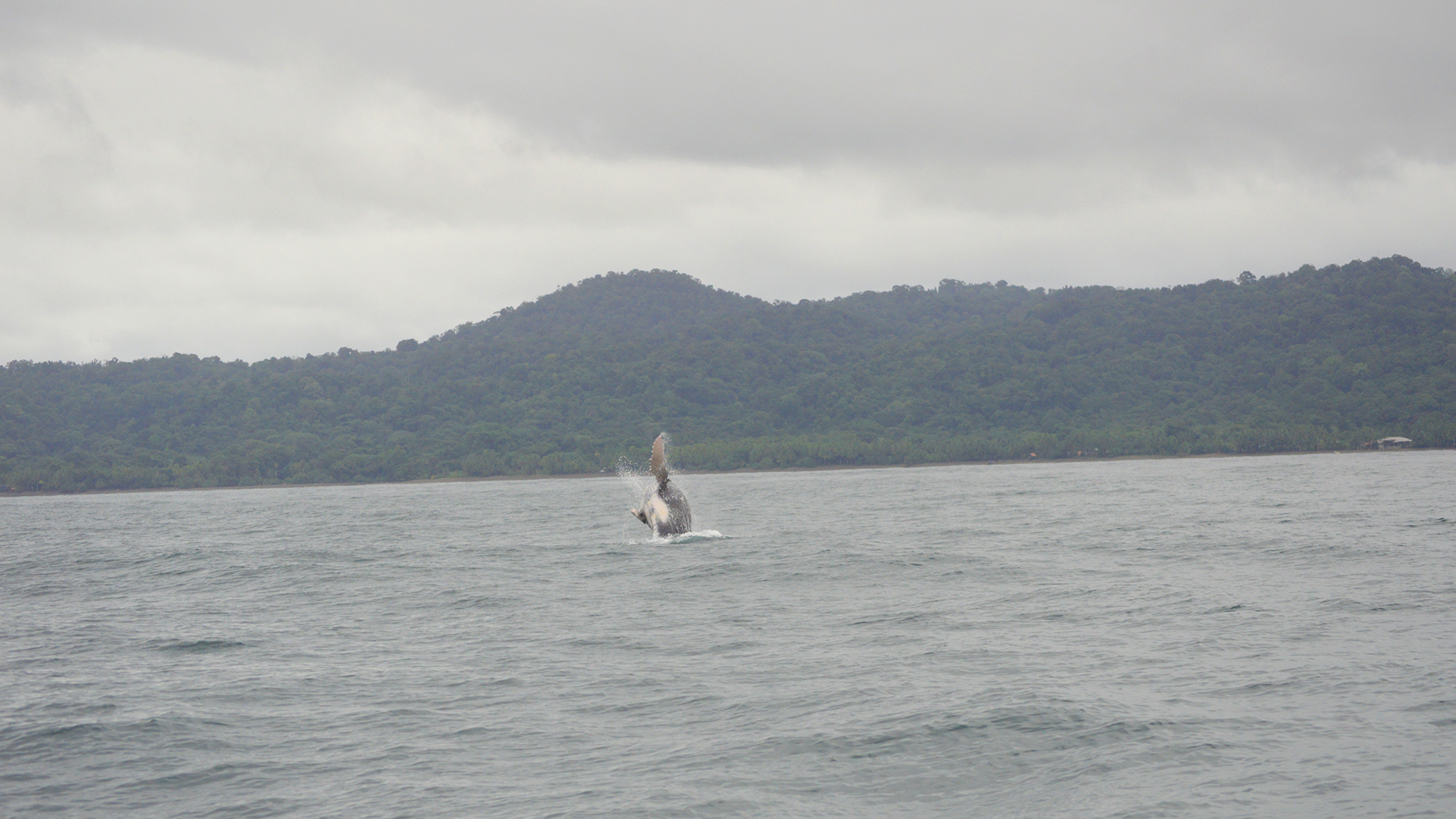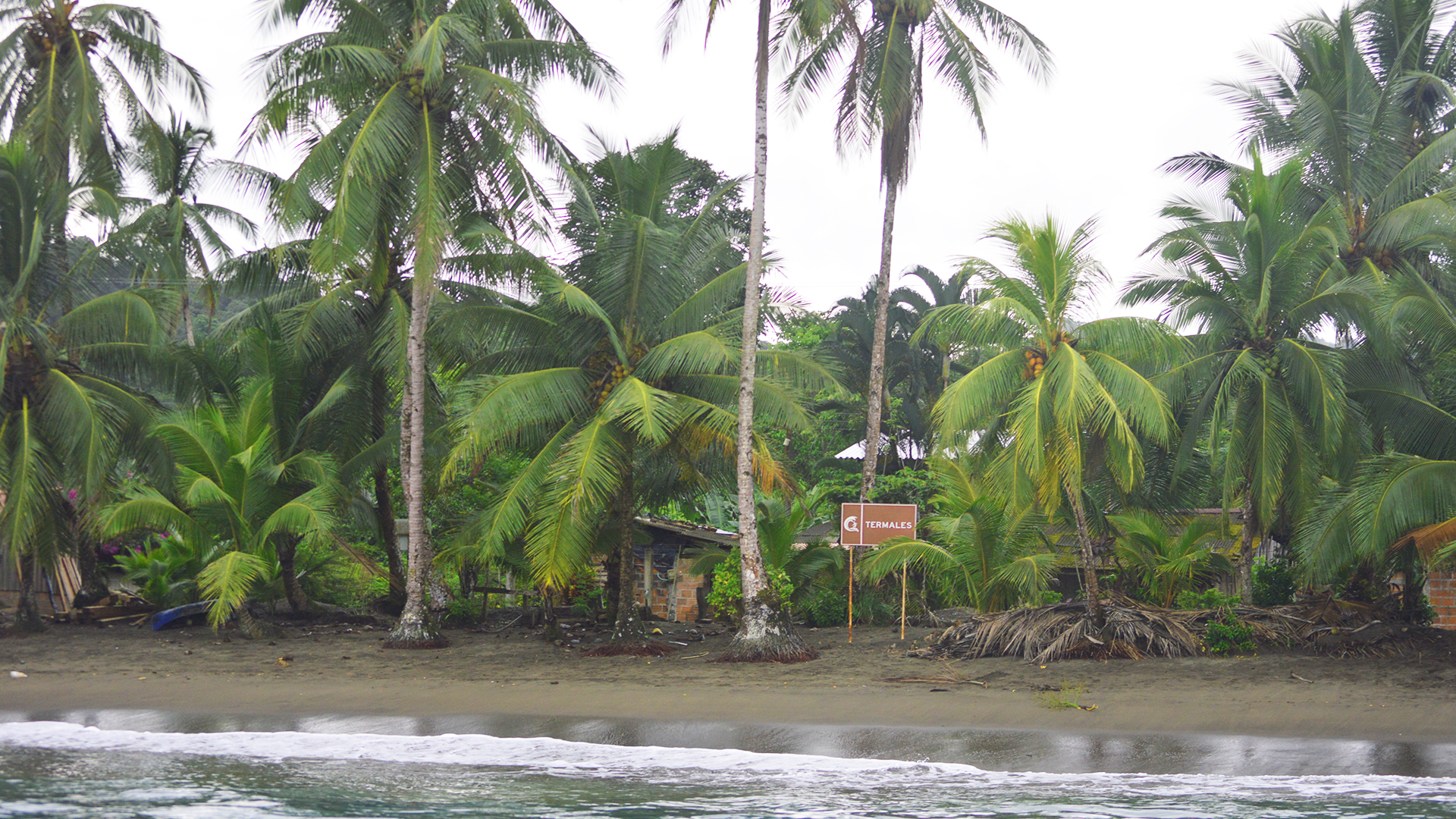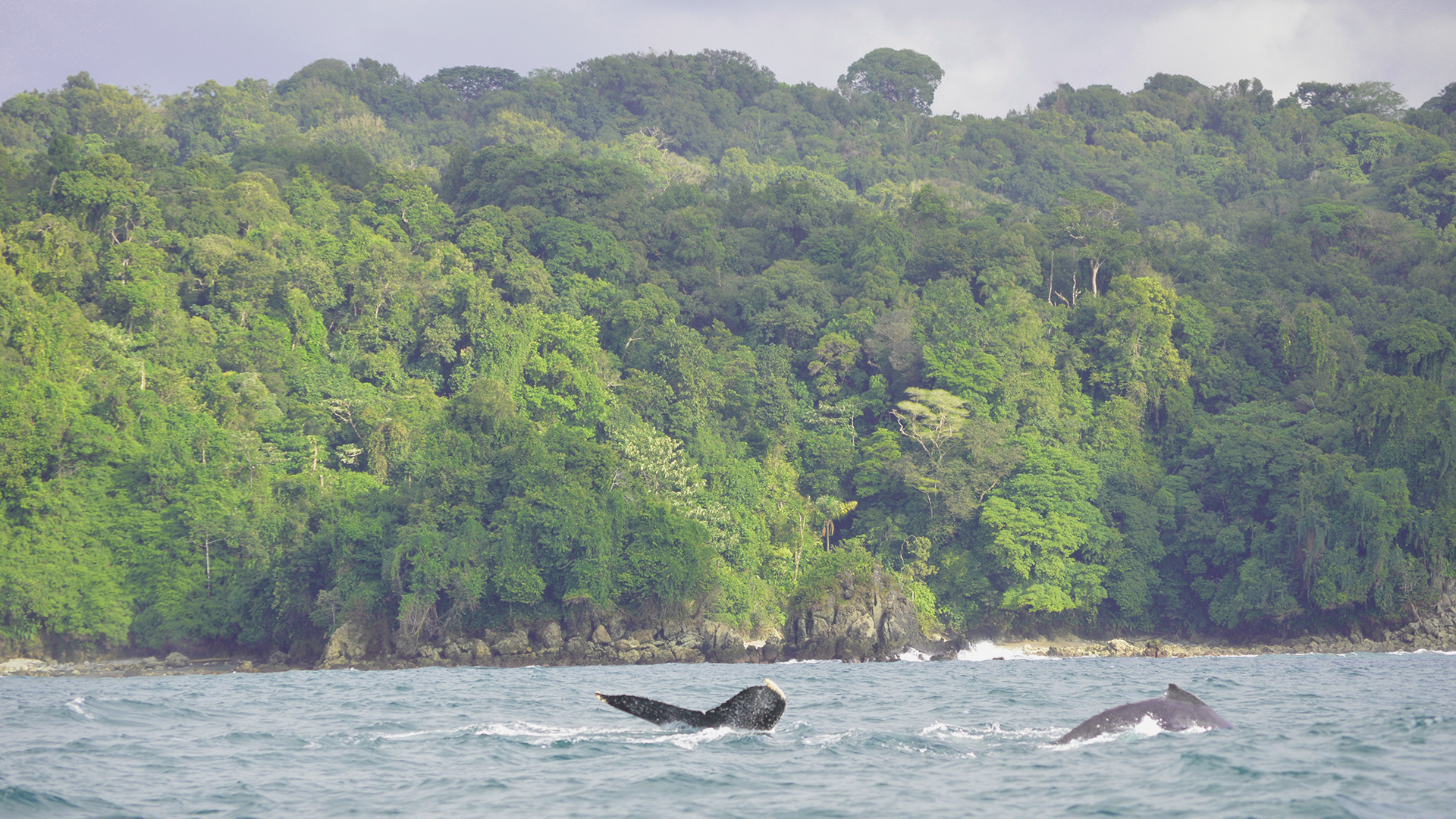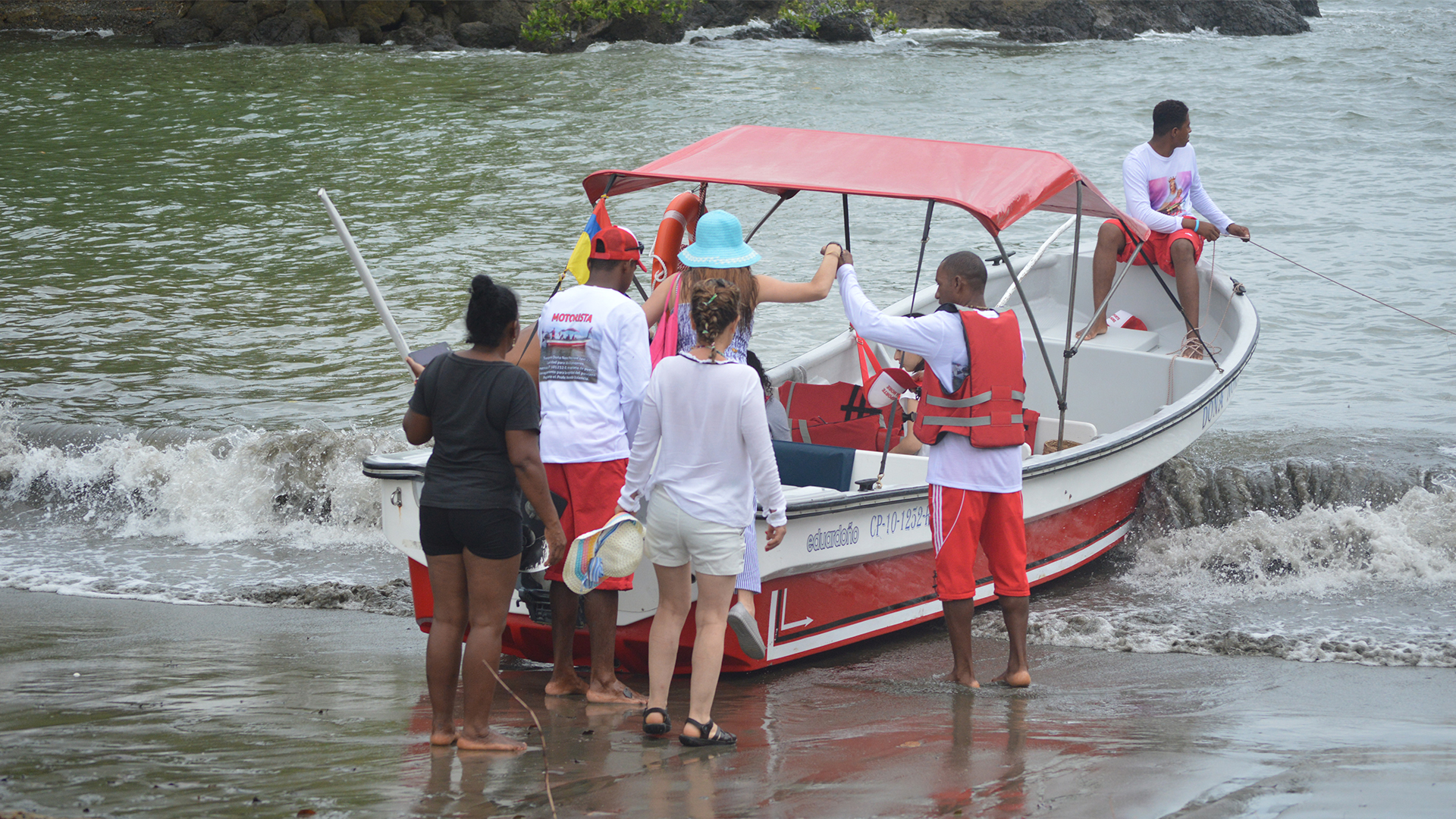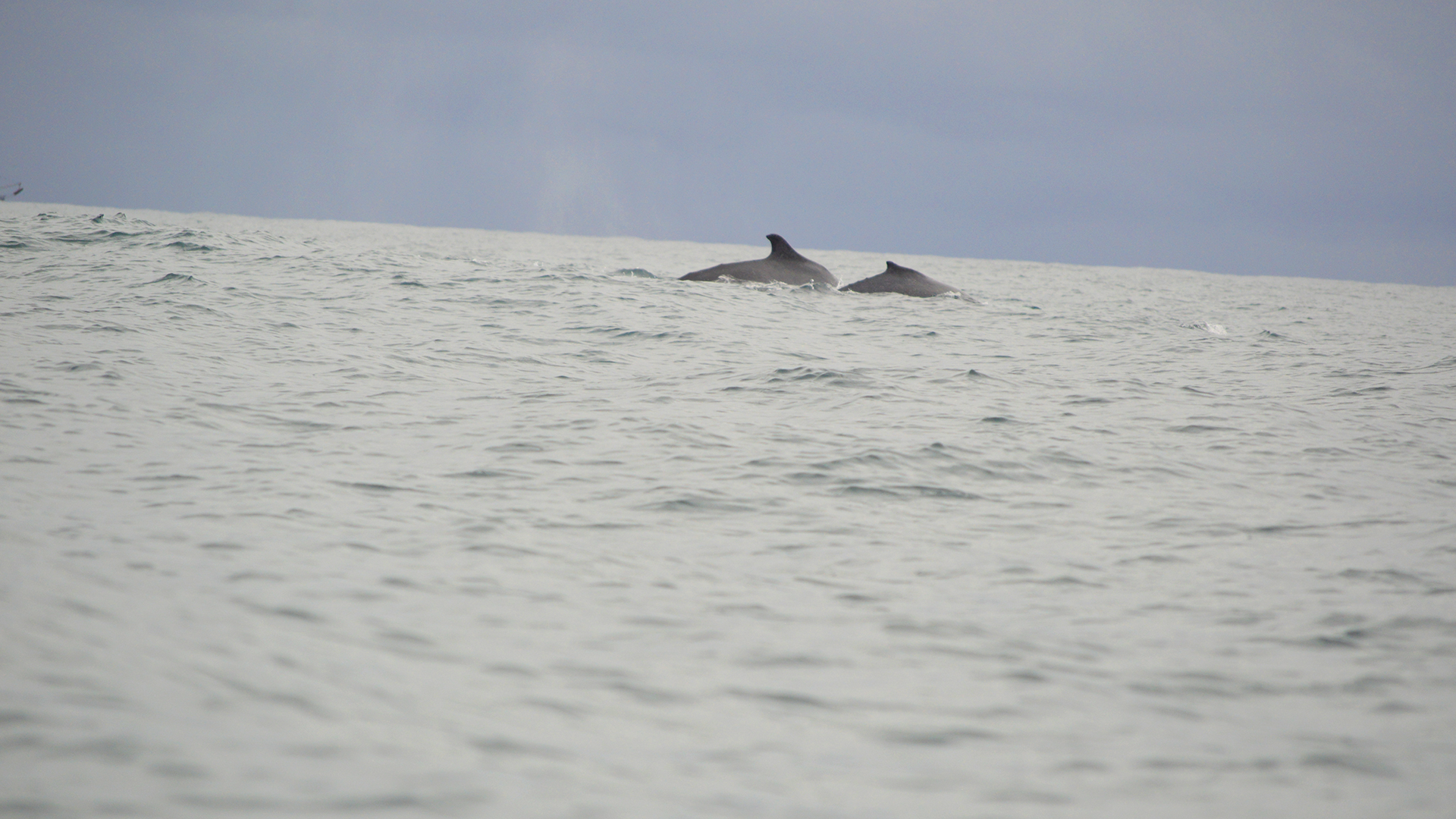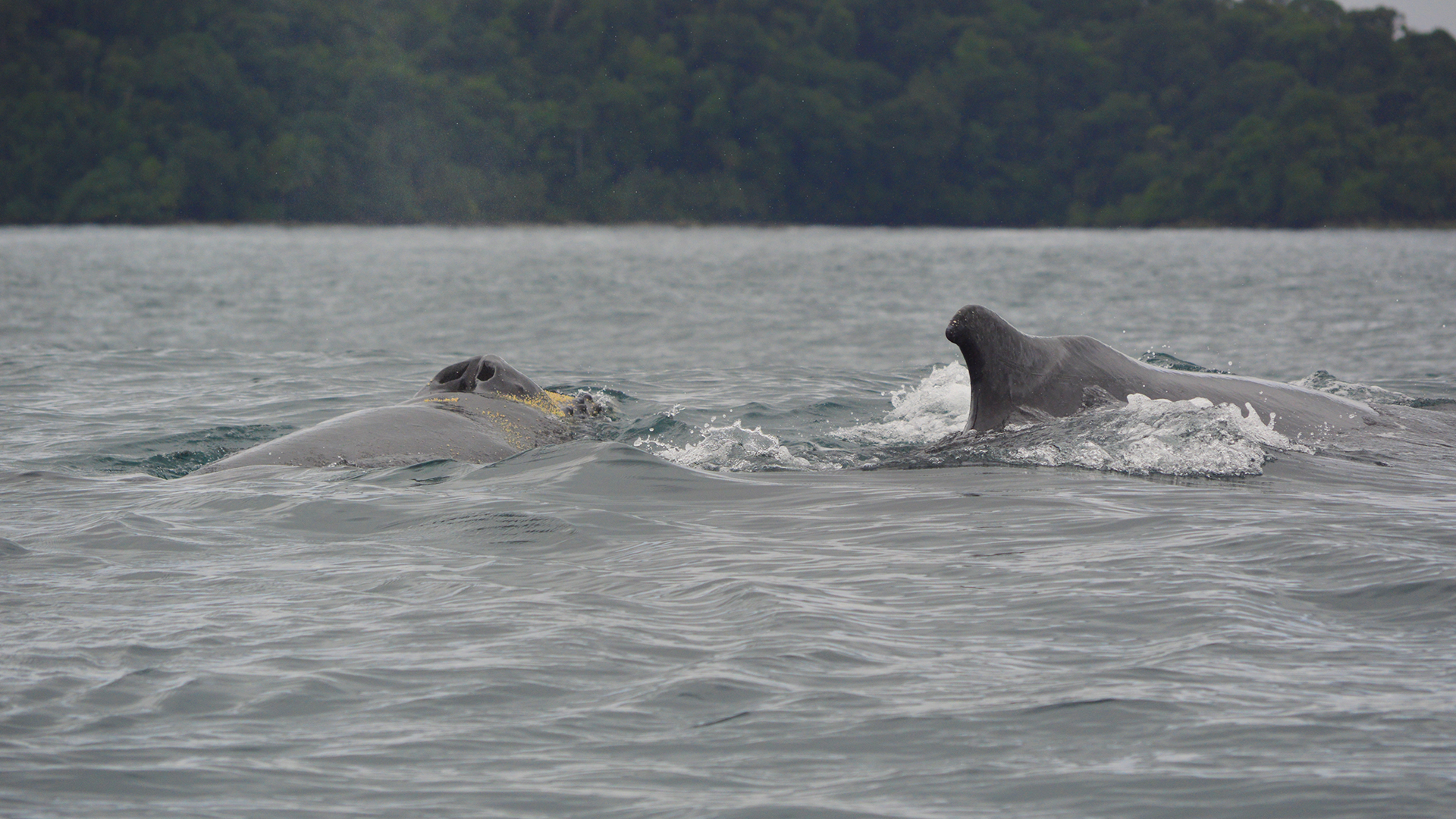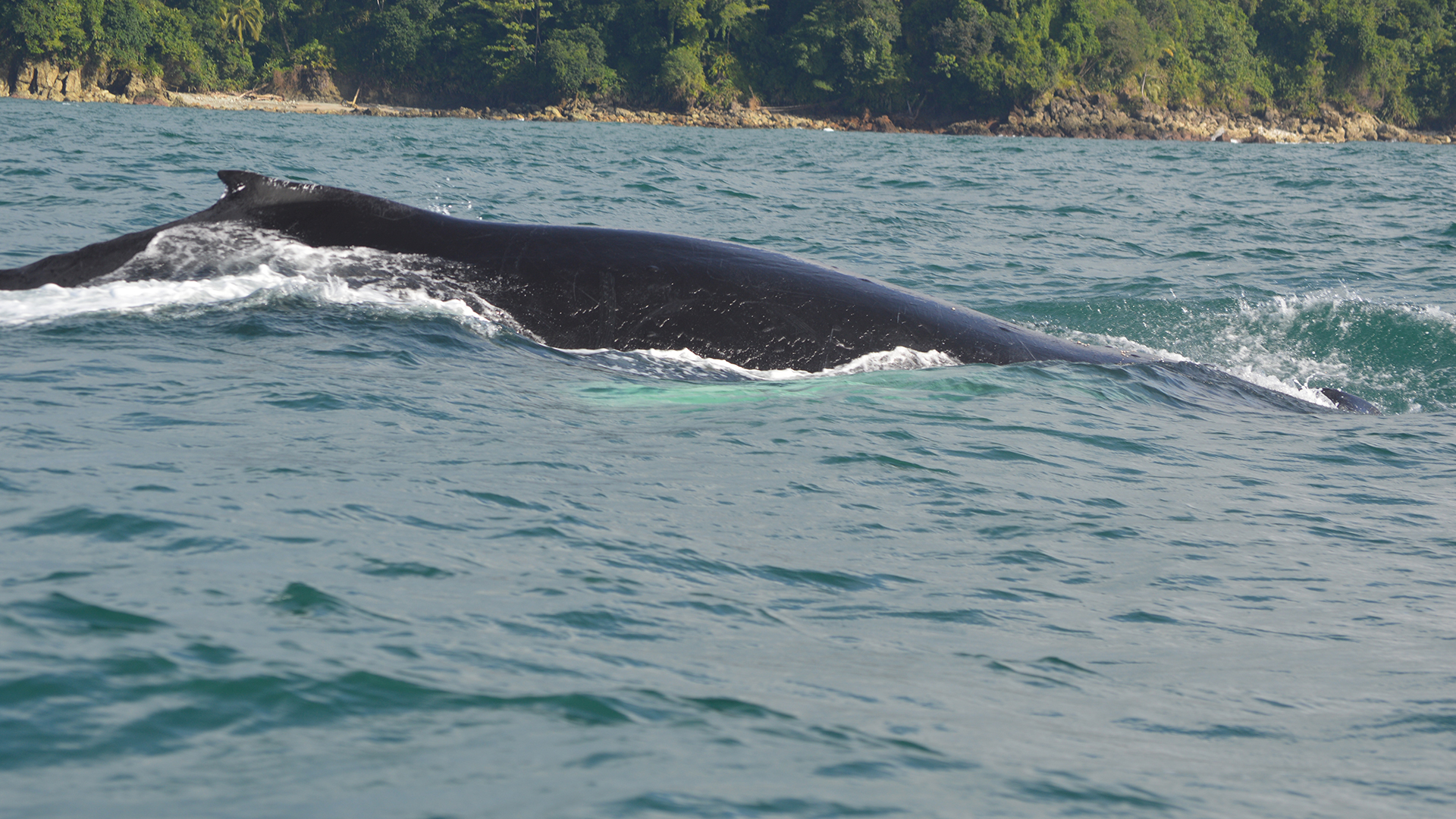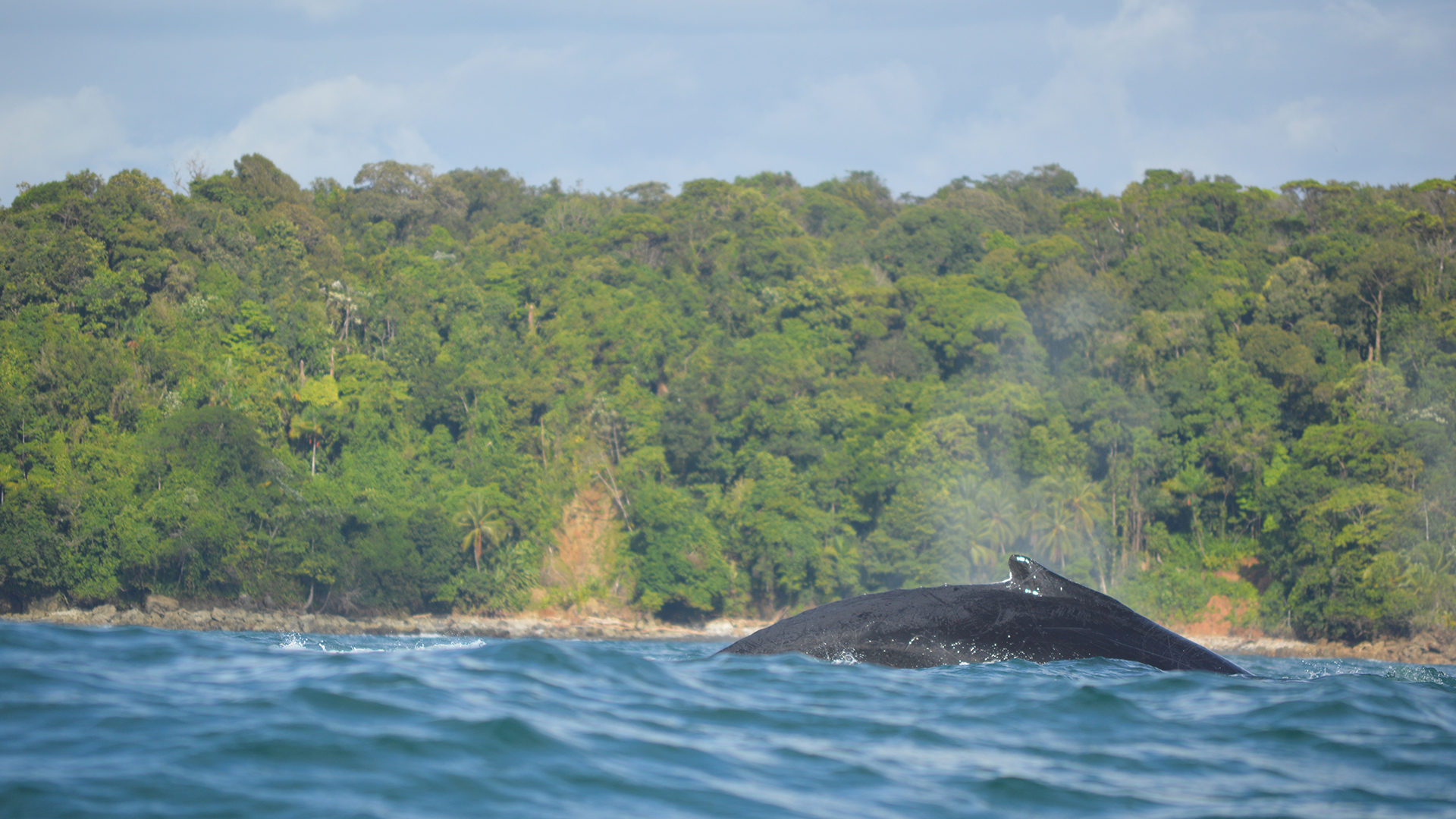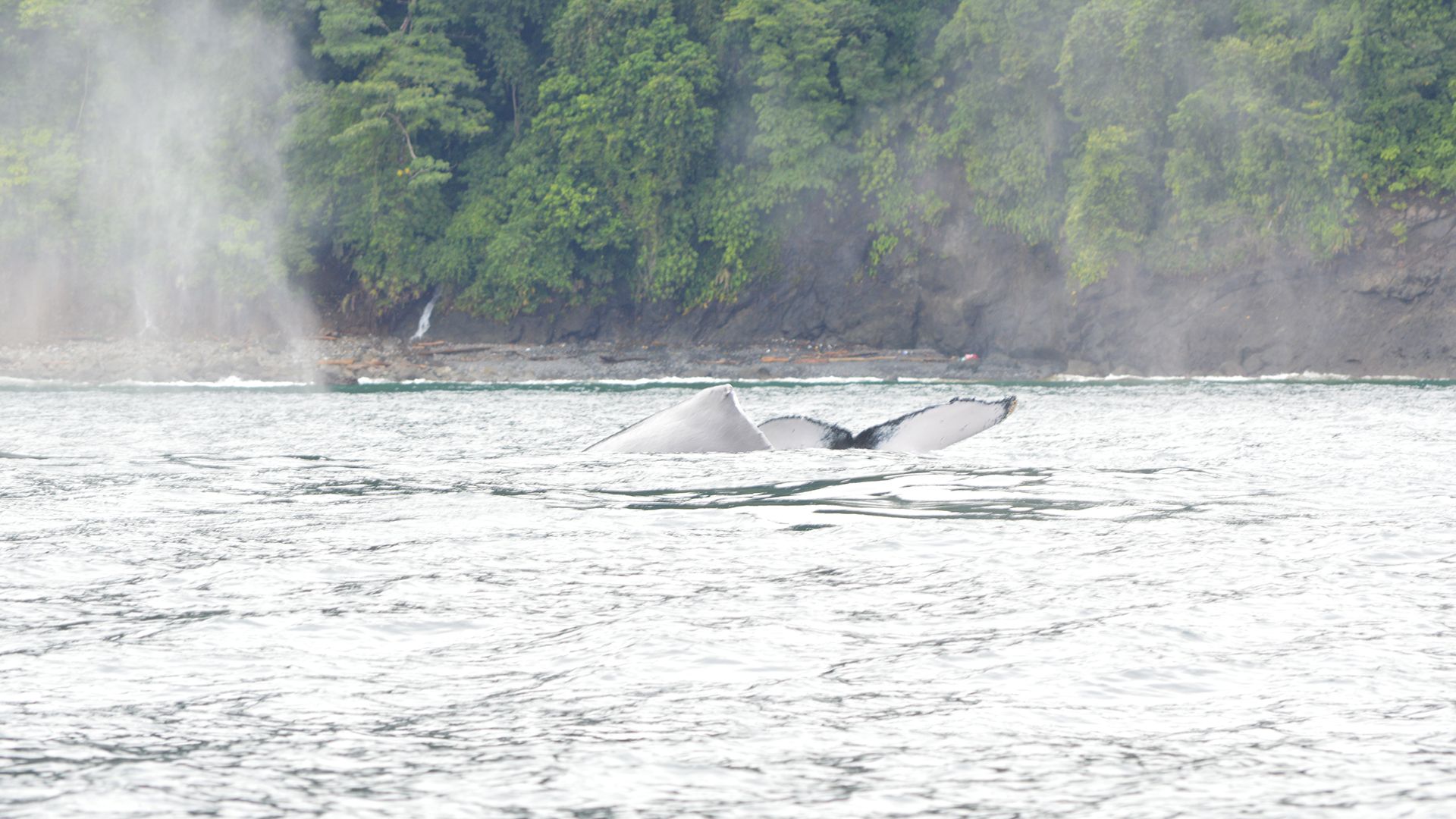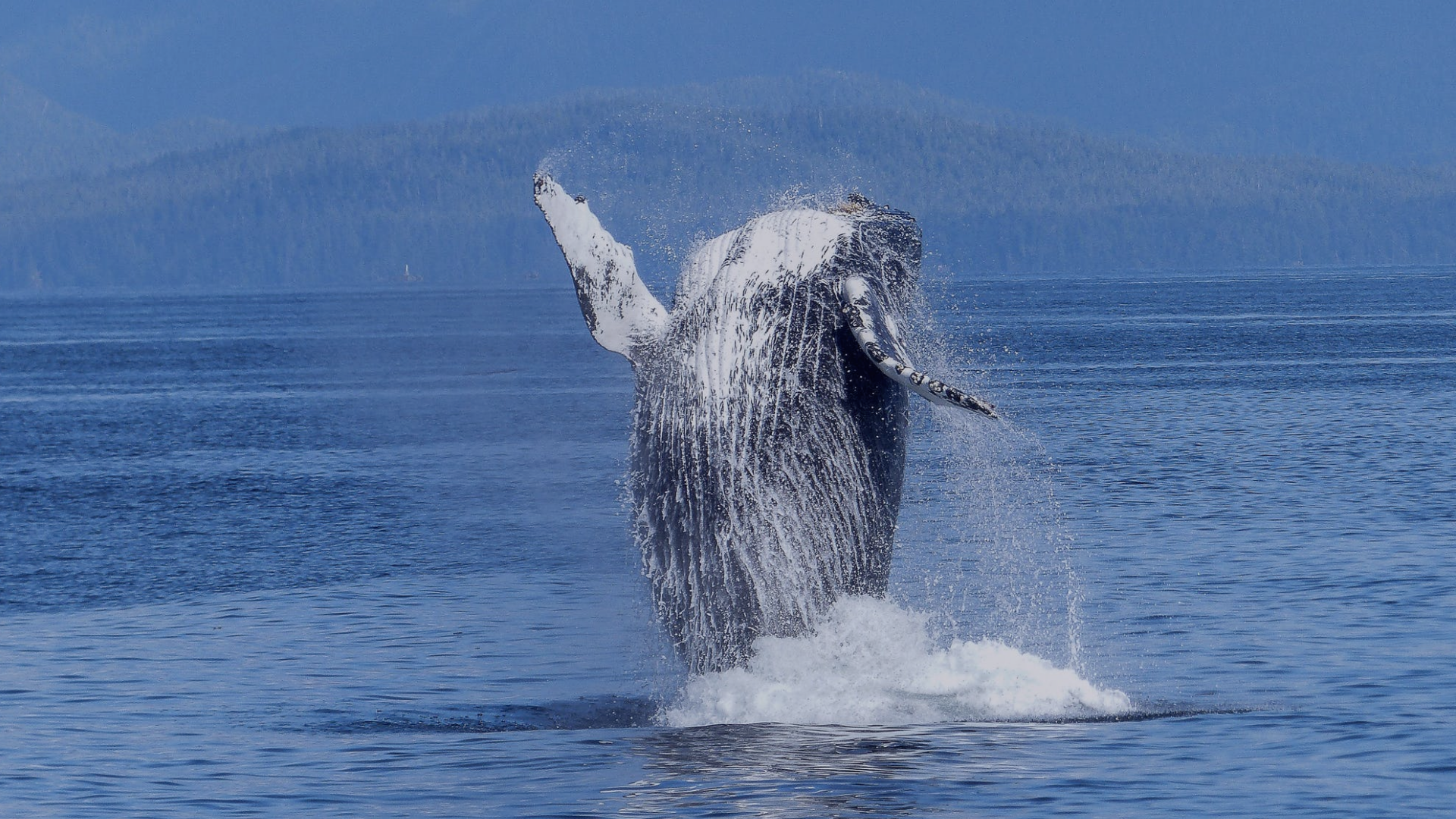
Project
Responsible Whale Watching
in Tribuga’s Gulf

Our project takes place in the Tribuga’s Gulf in Chocó, Colombian Pacific.
Every year, the warm Colombian waters attract humpback whales that come back from their feeding grounds in Antarctica and Chile, to give birth to beautiful calves and find a mate.
The Aims of the project
The project aims to establish a baseline for vessel disturbances over humpback whale breeding and mating grounds.
01.
-
Determine types of groups targeted by whale watching and behavioural effects.
02.
-
Determine the types of vessels which have ecological impacts.
03.
-
Observe changes in certified whale-watching operators
Additionally, the project aims to provide training to whale-watching operators and people from the community. To know more about this objective please click here.
How are we going to do this?
Well, we have learned different research techniques on this subject. To successfully achieve our objective, we are going to collect data from boat and land-base surveys.
In both our boat and land-based surveys, we are going to be making observations through reticular binoculars, the naked eye and, in land, with a theodolite. We are also going to be recording behavioural changes in whales using ethograms.
We also collect information on the weather condition, like if it is raining, sunny, cloudy, and how the sea state is, as either choppy, calm, or mirror-like. All this information helps us establish how animals behave in their controlled environments (no vessels) and when there are disturbances that change their behaviour (vessels present).

What could we expect from this study?
We hope to generate data so that the tourism and whale-watching activities are carried out adequately and sustainably, and anticipate that the local community will integrate into the generation of new scientific knowledge to conserve the whales and other marine organisms.
What’s in the future?
01.
-
Working towards sustainable whale watching by raising awareness through educational discussions for communities and tourists visiting the area.
02.
-
Continuing with field data collection to establish short-medium- and long-term impacts that may be occurring in the zone.
03.
-
Future collaboration with stakeholders, organizations (NGO), governments, academic institutions and other interested parties who will participate in work for the same cause; the conservation and management of marine ecosystems and community engagement
Photos by: Ann Carole Vallejo




